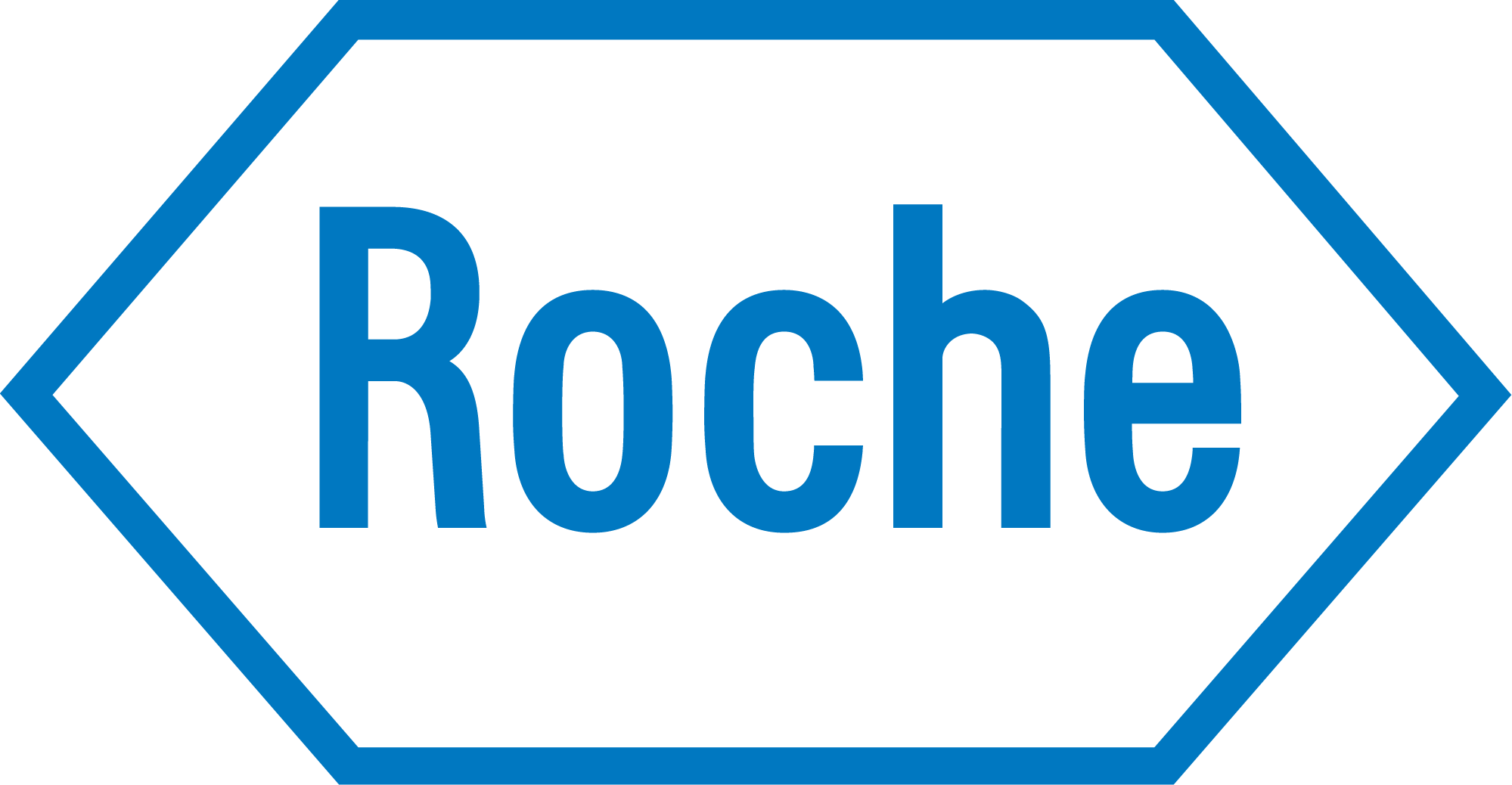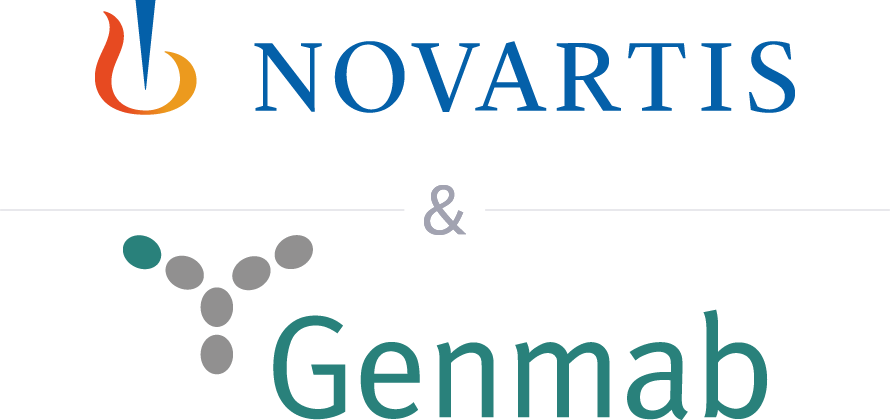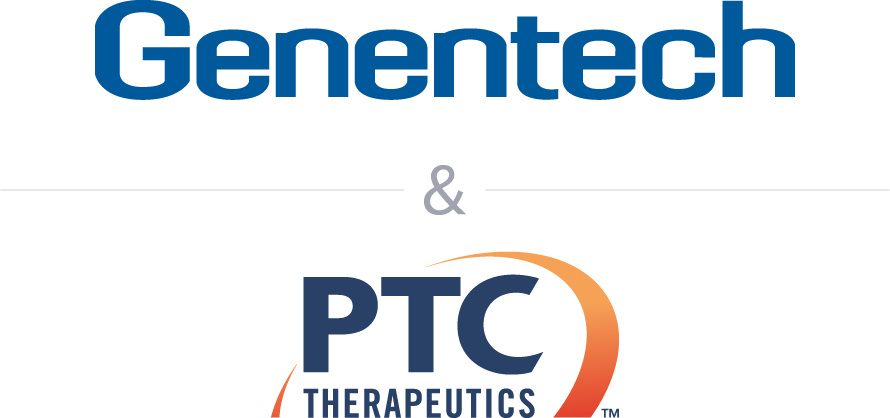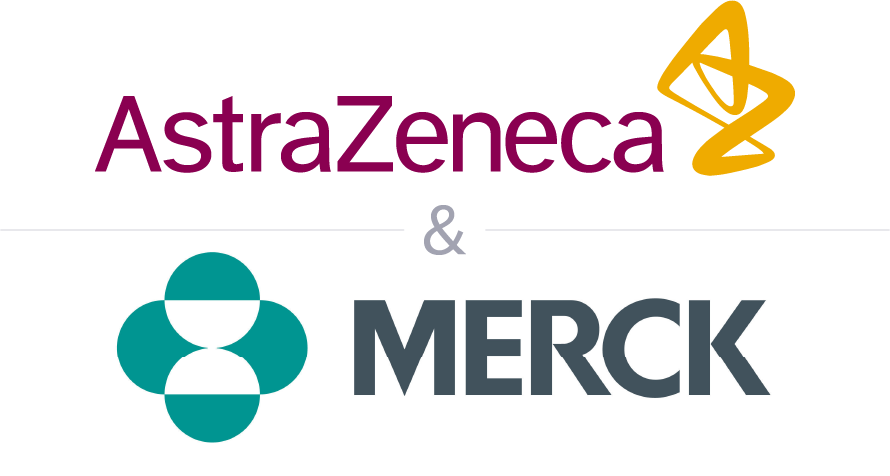Launch and COVID-19: Pharma’s Dilemma
How will COVID-19 affect regulatory approvals in the US and EU?
COVID-19’s impact on pharma is continually evolving. All insights expressed here were formulated based on the situation as of April 14, 2020.
Whilst both the FDA and the EMA have signaled a commitment to continuing day to day activities and flexibility in how advisory and committee meetings may function virtually, we are still seeing short-term postponements taking place. Planned meetings for April and May have been rescheduled by the FDA for June and new PDUFA dates have now been announced. Products affected by these changes include Roche’s risdiplam in spinal muscular atrophy (SMA) and Intercept’s obeticholic acid in non-alcoholic steatohepatitis (NASH).

Roche’s oral spinal muscular atrophy drug risdiplam currently bears an FDA decision date for May. On April 7th, Roche announced that the FDA delayed its PDUFA by 3 months from May 24th to August 24th.
The FDA will likely feel less urgency to review the drug if its resources are under pressure, given there are already Novartis’ gene therapy Zolgensma and Biogen’s tried-and-true Spinraza on the market.

Intercept has been gearing up for the potential launch of OCA (obeticholic acid) in liver fibrosis due to NASH, but now stands to wait a bit longer.
The Advisory Committee Meeting, previously scheduled for April 22nd, is now tentatively rescheduled for June 9nd, with the PDUFA date remaining the same for June 26th.
The FDA has suggested multiple options for conducting virtual reviews, however as of April 13th it has not scheduled a virtual advisory committee. Some applicants may choose to delay in favor of having an in-person meeting due to concerns surrounding robustness of presentation impact and a lack of interactivity potentially affecting review outcomes. Further questions remain about whether the FDA can maintain its typical pace assessing applications. long-term separation among agency colleagues, travel restrictions for site inspection, and administrative prioritization of pandemic-related efforts could result in slower agency output. Officially, the FDA has not signaled any specific impact on existing user fee goals, but products with fee goals between April and July (of which there are 48 in total) are most likely to be impacted.
| Product | Sponsor | Goal PDFUA Date | Indication |
|---|---|---|---|
| Ofatumumab |  |
2020-06 | New use of the anti-CD20 monoclonal antibody (approved for leukemia as Arzerra for IV infusion) as a monthly subcutaneous injection self-administered by autoinjector pen for treatment of adults with relapsing forms of multiple sclerosis (RMS) |
| Adlarity (donepezil, transdermal) |  |
2020-07-30 | Once-weekly transdermal patch formulation of the cholinesterase inhibitor using Corium’s Corplex technology for treatment of dementia of the Alzheimer’s type in patients with mild, moderate and severe Alzheimer’s disease |
| Opicapone* |  |
2020-04-26 | Selective catechol-O-methyltransferase (COMT) inhibitor as once-daily oral adjunctive treatment to levodopa/carbidopa in patients with Parkinson’s disease experiencing OFF episodes |
| APL-130277 (apomorphine sublingual film) |  |
2020-05-21 | Sublingual film formulation of the dopamine agonist using Aquestive’s PharmFilm technology for on-demand treatment of motor fluctuations (‘off’ episodes) in Parkinson’s disease (PD) patients |
| Risdiplam* |  |
2020-05-24 | Survival motor neuron-2 (SMN-2) splicing modifier formulated as an oral liquid for treatment of spinal muscular atrophy (SMA) |
| Product | Sponsor | Goal PDFUA Date | Indication |
|---|---|---|---|
| Contepo (fosfomycin) |  |
2020-06-19 | Injectable formulation of the epoxide antibiotic with dosing regimen to optimize pharmacokinetics and pharmacodynamics for I.V. treatment of complicated urinary tract infections (cUTI) |
| MenQuadfi (meningococcal vaccine*) |  |
2020-04-25 | Meningococcal (groups A, C, Y, W) polysaccharode tetanus toxoid conjugate vaccine for prevention of meningococcal meningitis in patients two years of age and older |
| Recarbrio (relebactam, cilastatin and imipenem) |
|
2020-06-04 | New indication for the beta lactamase inhibitor and antibiotic combination for treatment of adults with hospital-acquired bacterial pneumonia (HABP) and ventilator-associated bacterial pneumonia (VABP) |
| Product | Sponsor | Goal PDFUA Date | Indication |
|---|---|---|---|
| Sacituzumab govitecan* (IMMU-132) |  |
2020-06-02 | Antibody drug conjugate (ADC) for treatment of patients with metastatic triple-negative breast cancer (mTNBC) who previously received at least two prior therapies for metastatic disease |
| Opdivo (nivolumab) and Yervoy (ipilimumab) |  |
2020-05-15 | Combination immuno-oncology regimen of the PD-1 checkpoint inhibitor and a low dose of the CTLA4 inhibitor for first-line treatment of metastatic or recurrent non-small cell lung cancer (NSCLC) patients with no EGFR or ALK genomic tumor aberrrations, based on part 1 of the Phase III CheckMate-227 trial |
| Xpovio (selinexor) |  |
2020-06-23 | New indication for the oral selective inhibitor of nuclear export (SINE) compound for treatment of patients with relapsed or refractory diffuse large B-cell lymphoma (DLBCL) after at least two prior multi-agent therapies and who are ineligible for stem cell transplantation, including CAR-T (chimeric antigen receptor modified T cell) therapy |
| Lynparza (olaparib) |  |
2020-05 | New indication for the PARP inhibitor for use in combination with bevacizumab (Genentech’s Avastin) for maintenance treatment of ovarian cancer patients who are in complete or partial response to first-line platinum-based chemotherapy with bevacizumab |
| Keytruda (pembrolizumab) |  |
2020-06-29 | New indication for the PD-1 inhibitor immuno-oncologic for treatment of patients with recurrent or metastatic cutaneous squamous cell carcinoma (cSCC) that is not curable by surgery or radiation |
How is launch performance likely to be impacted?
Changes to how medicine is practiced during the pandemic, as well as an upending of the promotional and educational activities usually undertaken, create challenges for products set to launch in the coming months. These challenges include:
HCPs are treating fewer patients during the pandemic, which means fewer opportunities for a new prescription
HCPs’ focus is elsewhere, making it challenging to effectively communicate messaging
HCPs may be more risk-averse and hesitant to try new products at this time, especially given the challenges of limiting in-person meetings with patients
These challenges will be most acutely experienced by products launching in a competitive space where satisfactory alternatives exist, as well as products from small-cap biotechs with less marketing experience and smaller promotional budgets. On the flipside, drugs for life-threatening diseases that have few other options on the market would be more protected from launch disruption. In most cases we expect launches are likely to underperform relative to pre-pandemic expectations, with a much flatter uptake curve expected over the next 6 months.
How are companies with planned or recently initiated launches responding?
Whilst we are likely to see some delay in launches in April and May as pharma grapples with disruptions to normal commercial and promotional activities, we expect many companies will resist more significant delays to their launch plans. Why? Because the patent clock is still ticking and there is little certainty around when disruptions affecting the launch environment will improve.
Products highly reliant on in-person diagnostics, administration or monitoring are more likely to consider delays in commercial launch. Similarly, larger companies with more cash flow security are better positioned to take a longer view on launch timing and may be willing to delay by a quarter or more if they calculate a significant improvement in launch conditions.
Looking at examples of how companies are adapting, Biohaven, who launched an oral CGRP migraine therapy rimegepant right before the pandemic hit the US, are trying to stay nimble and have revamped their marketing tactics through use of webinars, telemedicine, DTC and social media tactics. On April 7, Biohaven announced its recent collaboration with Cove, a telemedicine company, to facilitate remote evaluations for migraine sufferers in lieu of in-office visits and to boost patients’ access to rimegepant. However, despite these efforts, a recent survey noted that neurologists remain hesitant in modifying patients’ migraine treatment regimens and will likely not be utilizing rimegepant due to lack of experience with the product.
In contrast, BMS has taken the decision to delay launching ozanimod for the treatment of relapsing multiple sclerosis. This decision gives BMS a better opportunity to maximise impact of launch, though it also provides existing therapies in the MS market such as Novartis’ Gilenya and Mayzent more time to prepare for the competition.
Conclusion
The impact of the COVID-19 pandemic has undermined months of launch planning, introduced complications and delays into the regulatory process, and severely constricted promotional and educational opportunities for new products. Investment in digital and virtual launch strategies are likely to produce interesting innovations but are unlikely to fully replace in-person channels. This constraint on KOL and prescriber engagement combined with continuing disruption within healthcare practices are likely to dampen interest resulting in sub-optimal launch performance for all but the most innovative new medicines. We anticipate that many new products will attempt to relaunch post pandemic, but the success of such a strategy will vary greatly depending on the specific competitive dynamics.
In the meantime, questions also persist as to supply chain stability and manufacturing prospects for both foreign and domestic drugmakers, given the FDA’s notice that most routine and pre-approval manufacturing facility inspections will be postponed through April. In future commentary on the impact of COVID-19 on the biopharmaceutical industry, Deallus will look to assess the stability of the supply chain, and how manufacturing constraints and shipping of APIs, excipients, and finished drug products may impact companies, payers, HCPs, and patients.
Reach out to discuss with us further
Julie Munch Khan, Chief Commercial Officer
juliemk@deallus.com
+44 7816 278 501
Peter Barschdorff, Vice President & Head of US Consulting
peter.barschdorff@deallus.com
+1 646 830 7170
References
- https://www.ema.europa.eu/en/human-regulatory/overview/public-health-threats/coronavirus-disease-covid-19#impact-on-ema-activities-and-meetings-section
- https://ec.europa.eu/health/sites/health/files/files/eudralex/vol-10/guidanceclinicaltrials_covid19_en.pdf
- https://pink.pharmaintelligence.informa.com/PS141893/As-US-FDA-Settles-Into-Teleworking-Will-Application-Reviews-Be-Affected
- https://pink.pharmaintelligence.informa.com/PS141974/US-FDA-Exploring-Virtual-Advisory-Cmtes-Might-Sponsors-Want-To-Wait-For-InPerson-Meetings
- https://www.pmlive.com/pharma_news/lilly_suspends_most_clinical_trials_as_covid-19_disruption_continues_1329884
- https://www.fda.gov/news-events/press-announcements/coronavirus-covid-19-update-fda-focuses-safety-regulated-products-while-scaling-back-domestic
- https://seekingalpha.com/article/4334888-bristol-myers-ozanimod-approval-and-news-good-bad-and-ugly-of-biopharma
- https://www.fiercepharma.com/special-report/10-most-anticipated-drug-launches-2020
- https://microsmallcap.com/rockwell-medical-fda-approval-rmti-stock-growth/
- https://www.ema.europa.eu/en/human-regulatory/overview/public-health-threats/coronavirus-disease-covid-19#impact-on-ema-activities-and-meetings-section
- https://ec.europa.eu/health/sites/health/files/files/eudralex/vol-10/guidanceclinicaltrials_covid19_en.pdf
- https://www.roche.com/media/releases/med-cor-2020-04-07.htm
© Deallus Consulting Ltd 14.4.2020. Deallus is a trademark. All other marks are the property of their respective owners.


